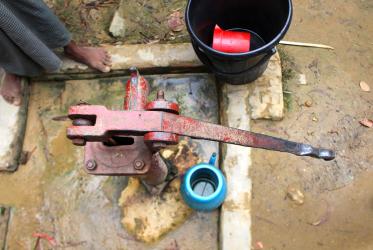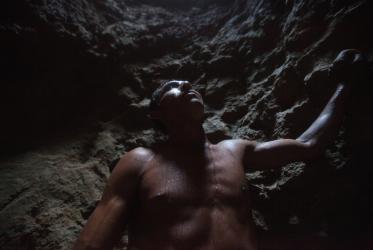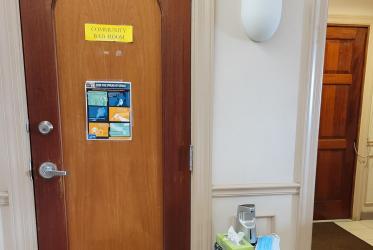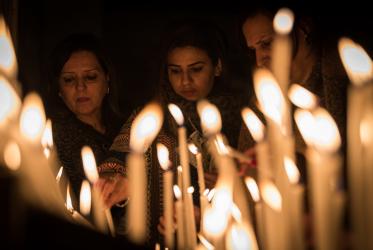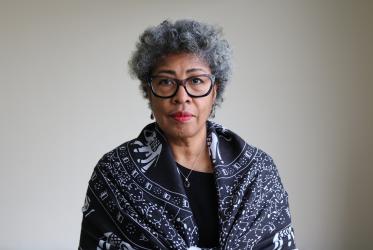Displaying 41 - 60 of 65
Groundwater: a hidden treasure we need to protect, say EWN members
28 February 2022
“Bathroom ministry” for the homeless
14 December 2021
Past massacres in the Middle East: “this should never be forgotten”
09 December 2021
Perkins names Dr Evelyn Parker as 2021 Distinguished Alumna
11 November 2021
Protecting Ethiopia’s church forests
27 October 2021
Climate crisis fuels existing water injustice
27 October 2021
EWN members stand in solidarity with water and land defenders
21 September 2021

